
Recruitment scam losses soar as victims increase
Recruitment scams have seen a significant increase in the past year, with the amount of money stolen rising to nearly £1 million, according to City of London Police.


Recruitment scams have seen a significant increase in the past year, with the amount of money stolen rising to nearly £1 million, according to City of London Police.

Japan’s preparedness and investment in infrastructure have helped minimize casualties during earthquakes.
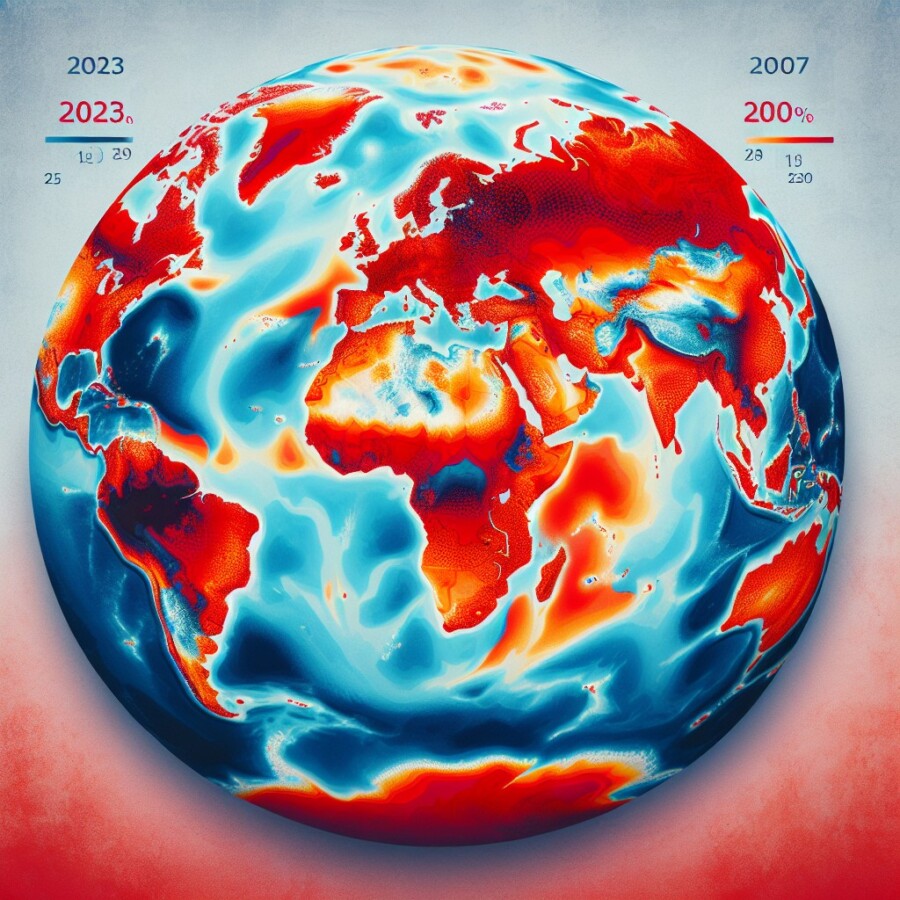
2023 confirmed as hottest year on record, raising concerns about breaching international climate targets.
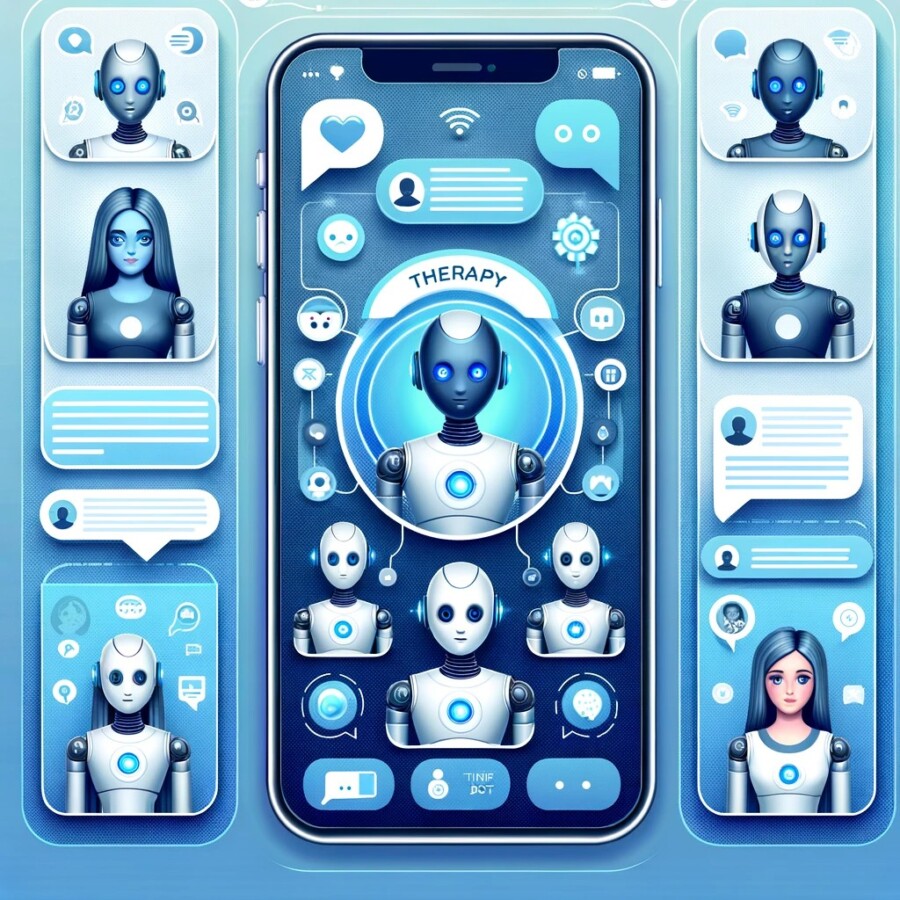
AI therapist bots, like the popular Psychologist bot, are providing comfort and support to millions of users who find the text format of communication less daunting and more accessible than traditional therapy.
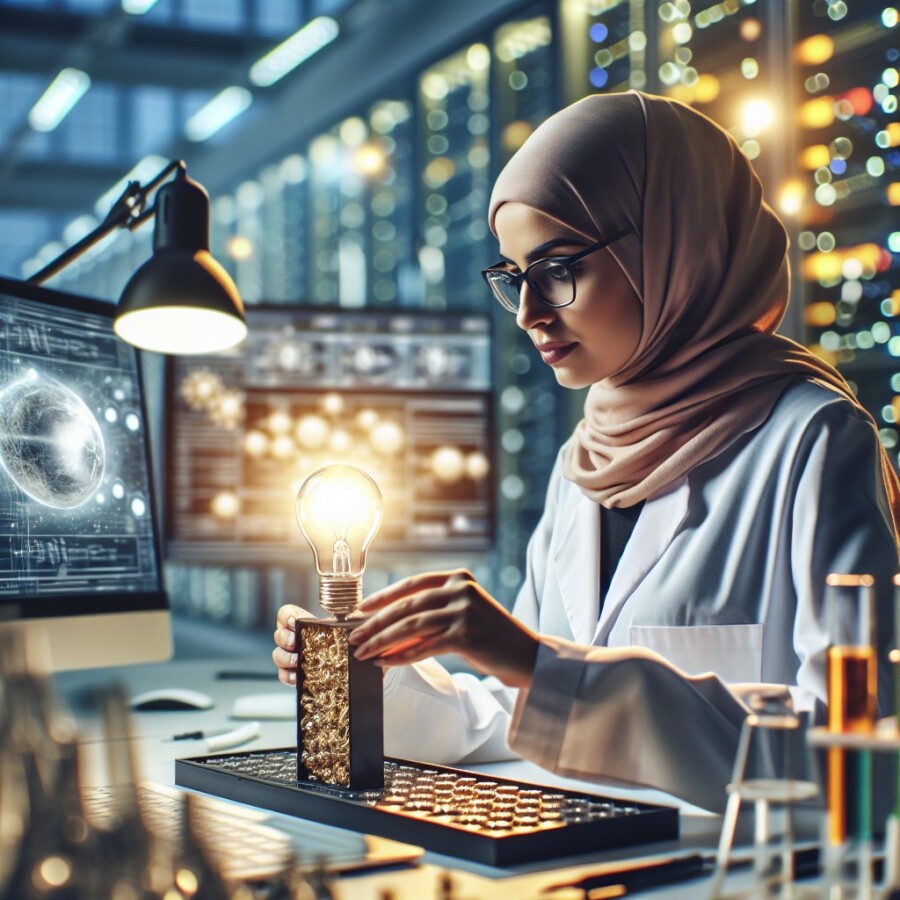
Microsoft and the Pacific Northwest National Laboratory (PNNL) have used AI and supercomputing to discover a new material that could reduce the use of lithium in batteries by up to 70%, potentially solving the looming lithium shortage and environmental concerns.

An ANA flight in Japan had to turn back after a crack was found on the cockpit window, raising concerns about aviation safety.

Prince Abdul Mateen of Brunei, known for his good looks and military service, has officially married his commoner fiancée in a 10-day royal wedding celebration, solidifying his place in the public eye.

The number of surviving Apollo astronauts is dwindling, with only eight individuals remaining who have voyaged beyond Earth orbit.
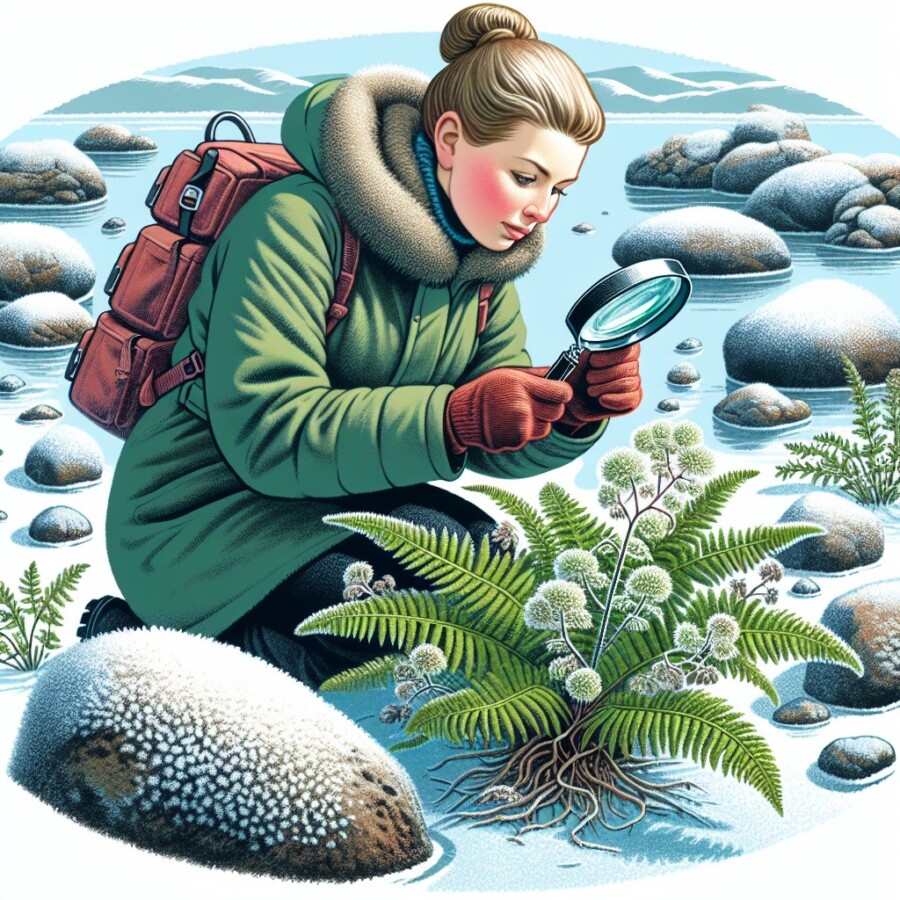
Rosemary Parslow, an 87-year-old natural history enthusiast, has spent decades searching for rare ferns on the Isles of Scilly, witnessing the impacts of climate change firsthand.

New research reveals that the true colors of Neptune and Uranus are actually similar shades of greenish blue, contrary to previous understanding.
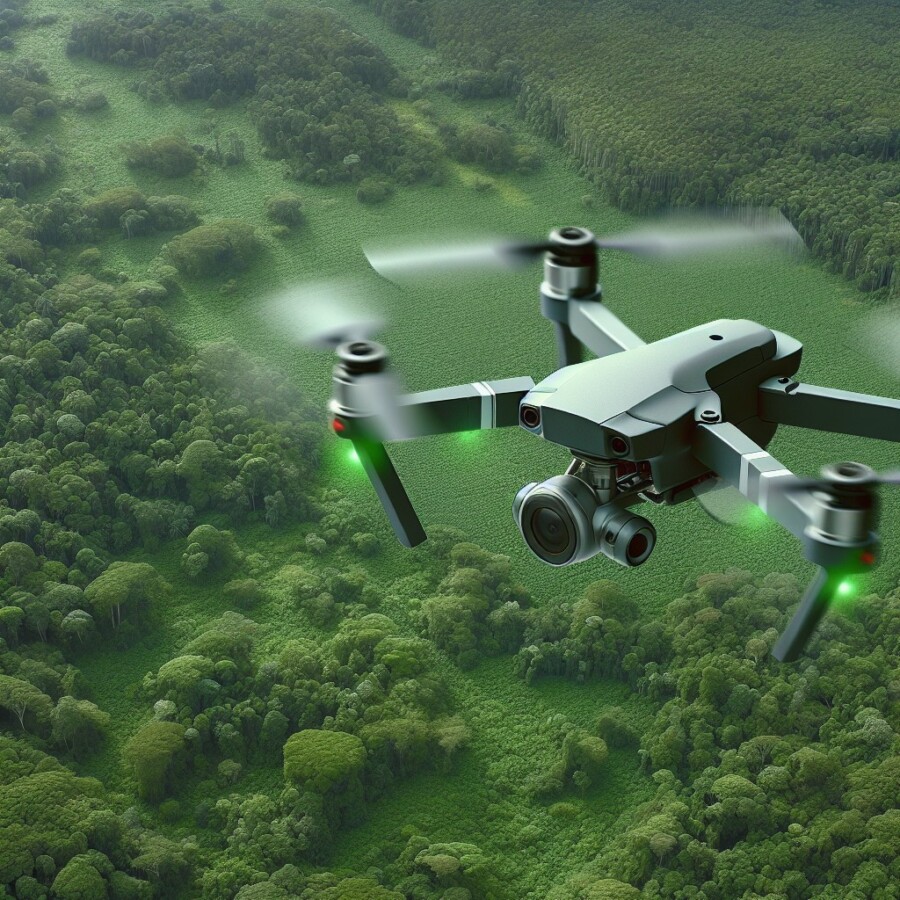
A missing dog in Bedfordshire, England, was successfully located and reunited with its family after 12 days, thanks to the use of a thermal camera fitted to a drone.
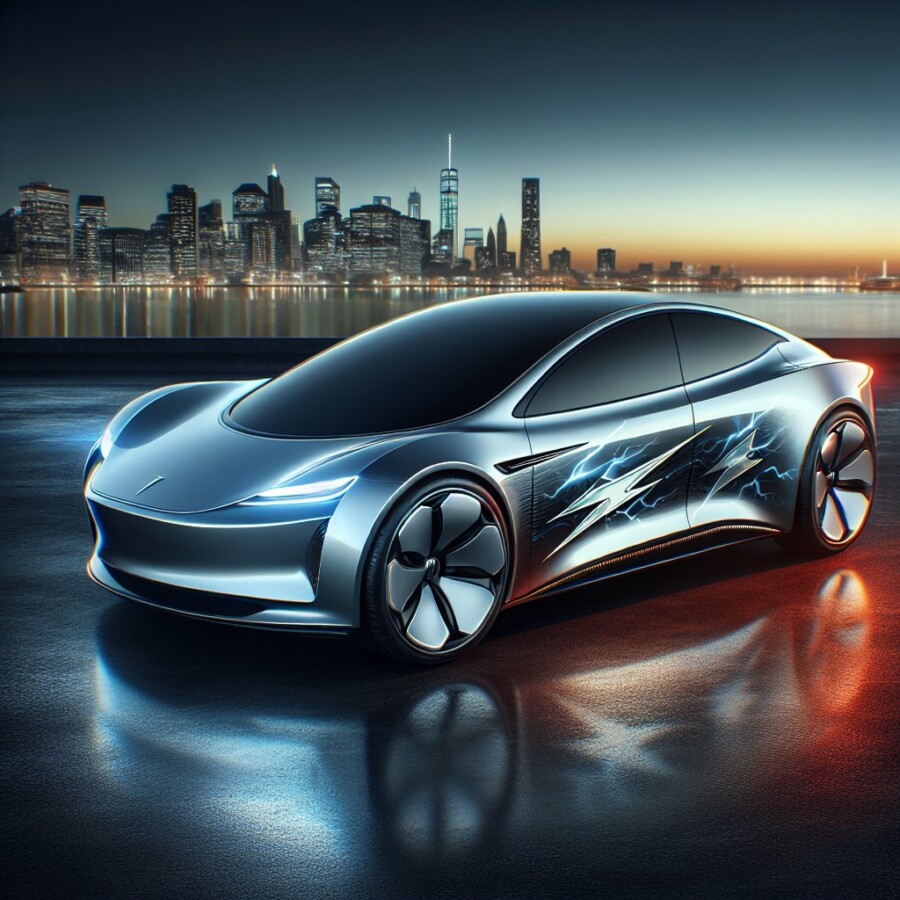
BYD’s record-breaking sales in the electric vehicle market highlight the challenges faced by Tesla.

eBay fined $3 million for harassing bloggers critical of the company, including sending live spiders and cockroaches to their home.
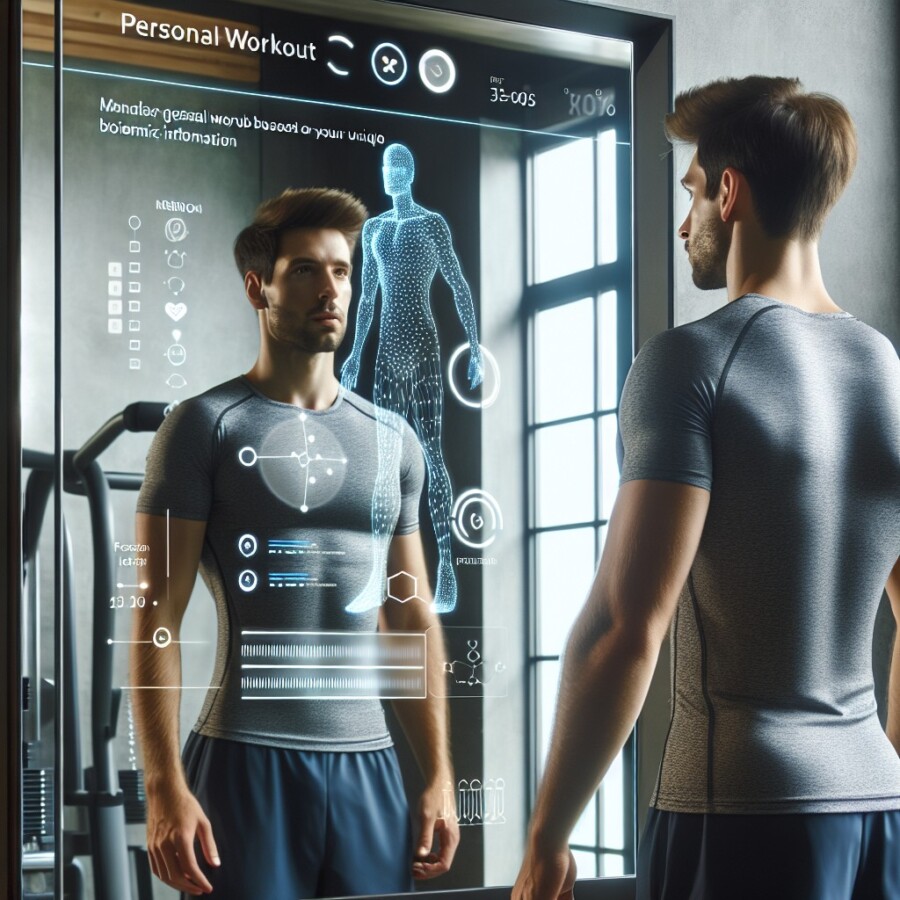
AI is increasingly being used in the fitness industry to provide personalized training, but some argue that it cannot replicate human motivation and emotional intelligence.

Portable X-ray machines are revolutionizing healthcare in remote areas, reducing the need for patients to travel and improving access to vital services.
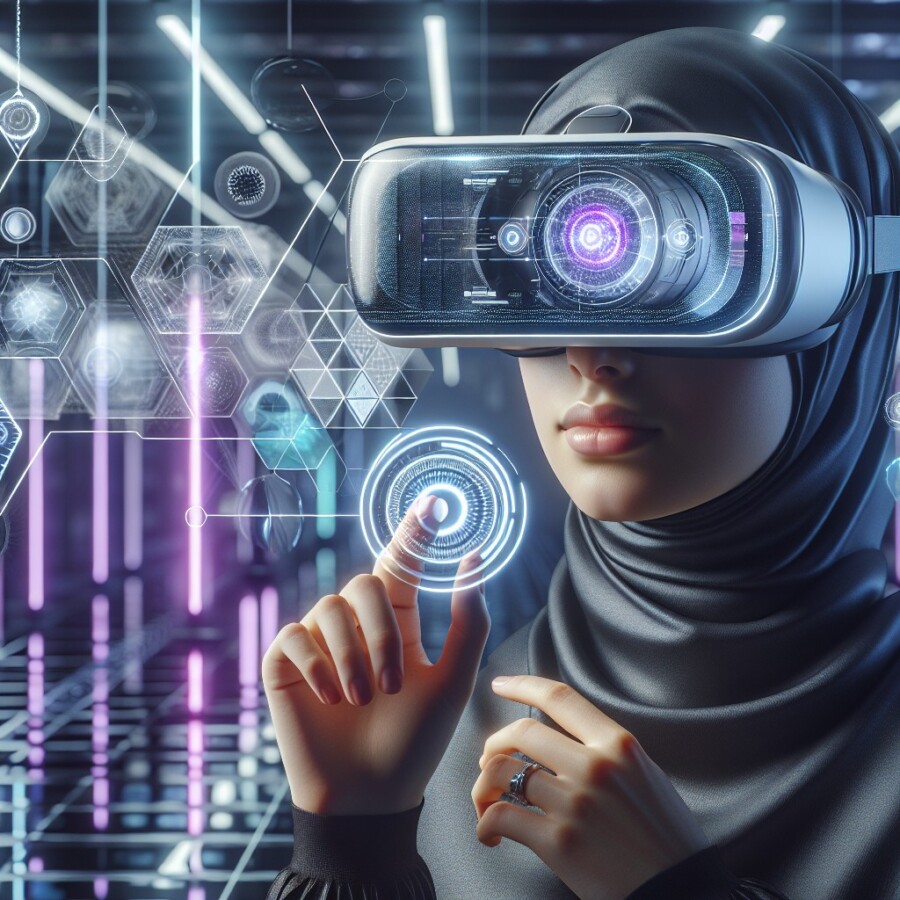
Apple’s Vision Pro headset, set to be released on February 2nd in the US, has faced production issues, with forecasts reduced from one million units to 400,000 in 2024.
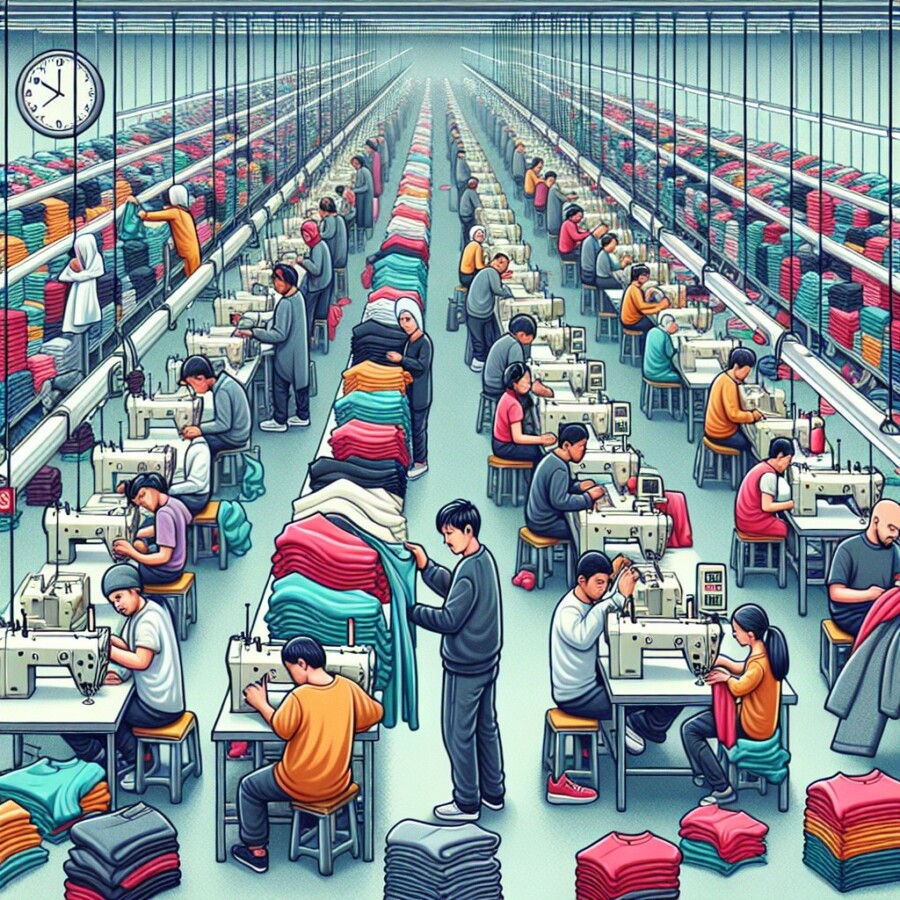
Fast-fashion retailer Boohoo has been found to have mislabelled clothes made in South Asia as “Made in the UK,” raising concerns about inspection and consumer deception.

Jinny Kim, a pioneer in the K-beauty industry, has brought the K-beauty phenomenon to the UK and treated many celebrities and supermodels.

Protests in Bengaluru demand that billboards be written in Kannada, reflecting long-standing linguistic nationalism in the city.
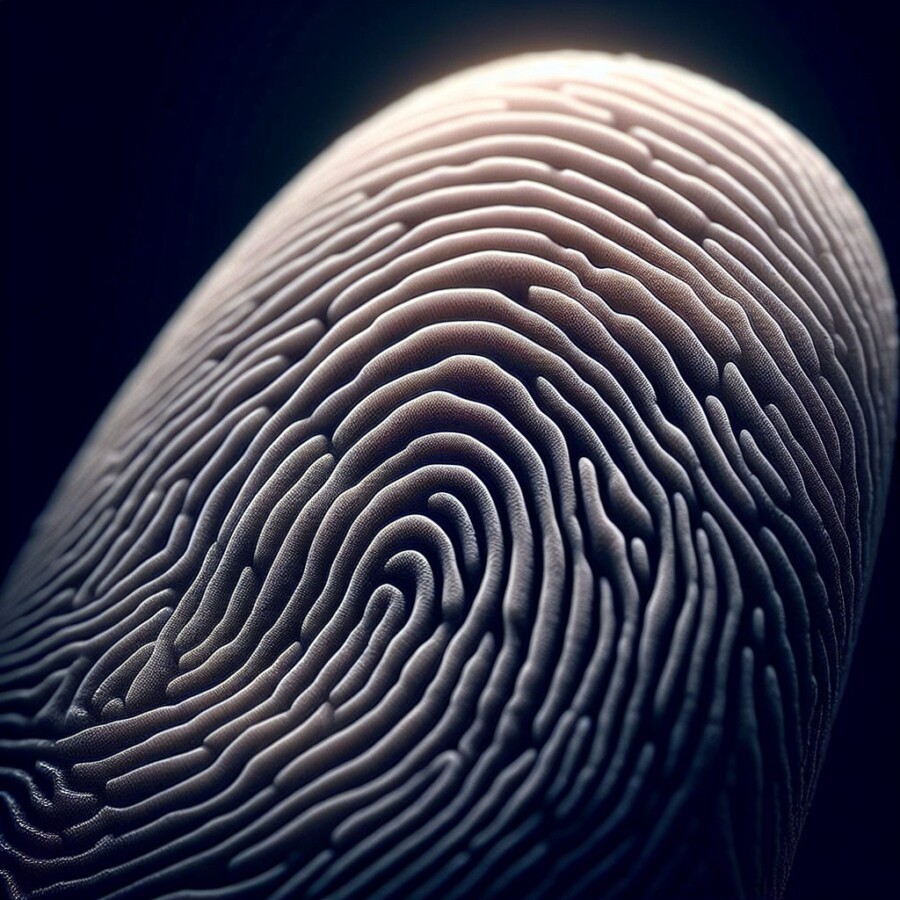
Researchers at Columbia University have developed an AI tool that can identify whether fingerprints from different fingers belong to the same person with 75-90% accuracy, challenging the belief that each fingerprint is completely unique.
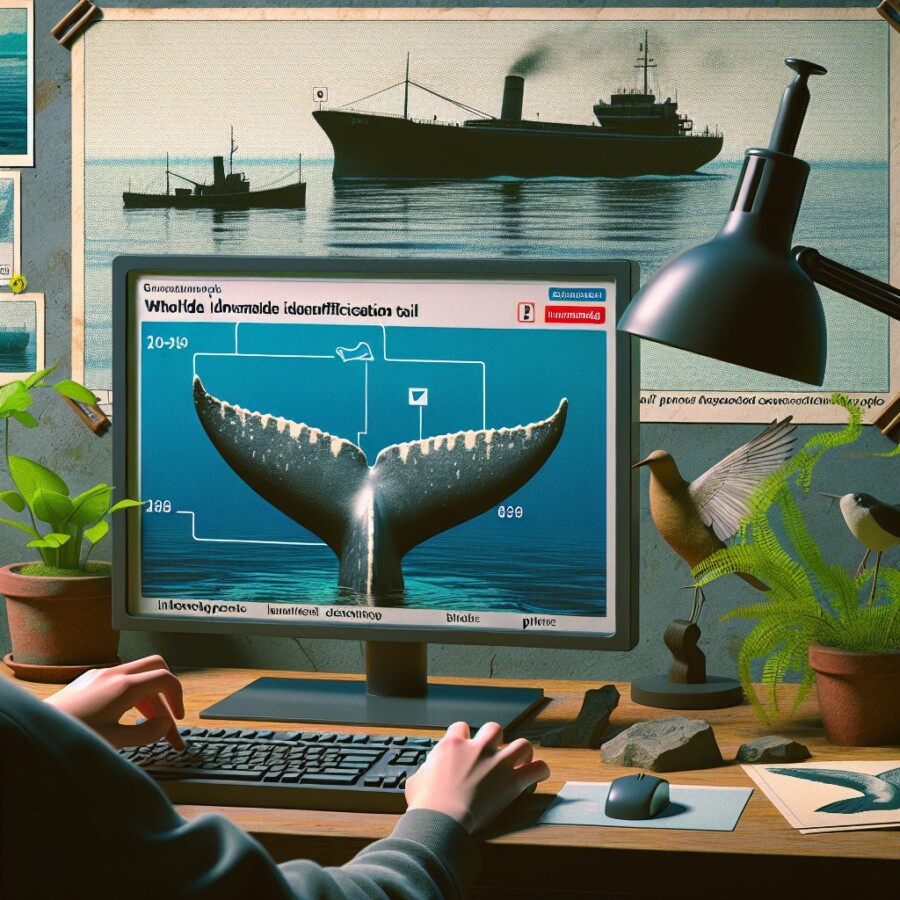
AI image recognition apps like HappyWhale, Merlin Bird ID, and iNaturalist are not only helping users identify and learn about wildlife, but also contributing to conservation efforts by tracking populations and raising awareness about declining species.

Transatlantic flight powered by alternative fuels takes off, highlighting the potential for greener aviation.

Amazon’s 30-year evolution showcases its dominance across diverse sectors, raising questions about future innovations.

Cash use in the UK has increased for the first time in a decade, with 19% of purchases made with cash last year, as shoppers become more budget-conscious due to rising prices, according to the British Retail Consortium.
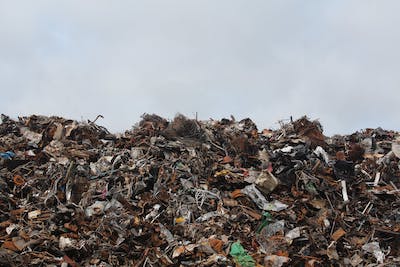
Nearly half a billion small electrical items, known as “Fast Tech,” were thrown away in the UK last year, making them the fastest-growing type of e-waste.

Groundbreaking implant restores ability to walk for man with advanced Parkinson’s disease, offering hope for others.

San Diego’s giant pandas symbolize wildlife conservation and strengthen international ties through panda diplomacy.

Republican Senator Chuck Grassley has gained the nickname “ultimate matchmaker” after 20 of his staff members got married after meeting in his office, sparking both congratulations and criticism.

Resistance to AI highlights a struggle between preserving human creativity and embracing technological advancements.

Prince Abdul Mateen of Brunei, known for his good looks and military service, has officially married his commoner fiancée in a 10-day royal wedding celebration, solidifying his place in the public eye.
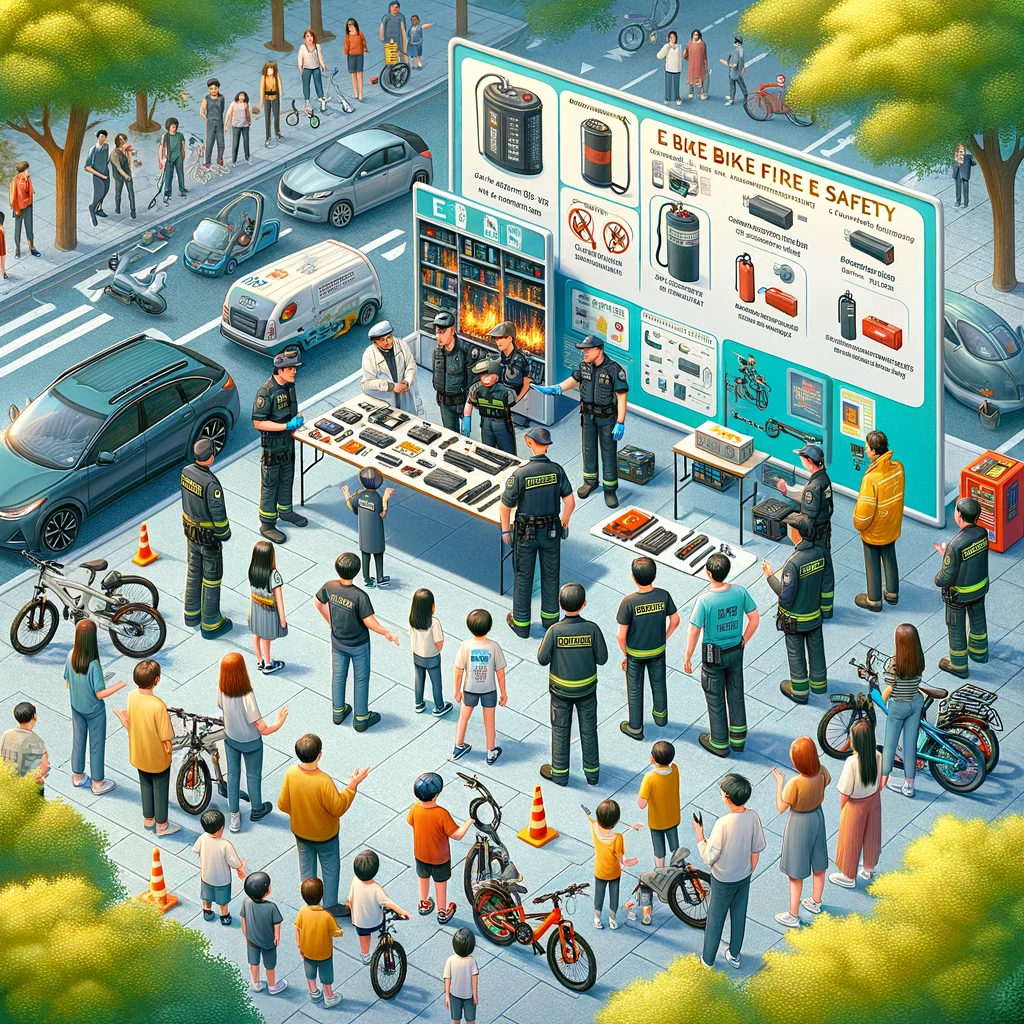
The increasing popularity of e-bikes raises concerns about fire risks, but with proper safety measures and infrastructure, these risks can be mitigated.

India is seeking to secure valuable minerals from the depths of the ocean in its bid to contribute to a cleaner future.
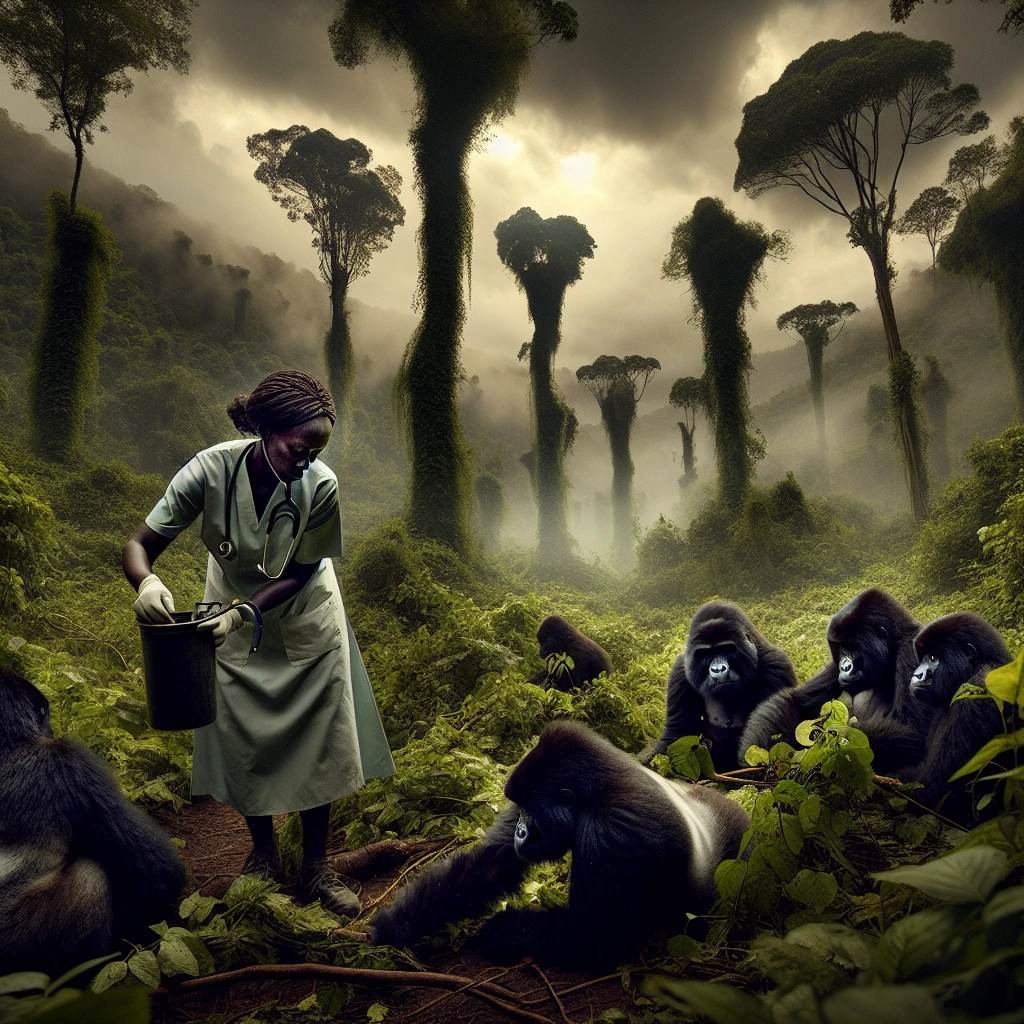
Uganda’s first wildlife vet, Dr. Gladys Kalema-Zikusoka, is working to save mountain gorillas from the threat of climate change, and her efforts have helped increase their population from 300 to about 500.

Airbnb CEO Brian Chesky addresses concerns about housing shortages and the company’s impact on cities.

Weather influencers like Andrew Brown are reshaping how communities access timely and localized weather updates.


영국 랭커스터 대학교(Lancaster University)에서 한국인 영어 학습자분들을 대상으로 새로운 연구 프로젝트를 진행합니다. 전 과정 온라인으로 진행되어 어디서든 편하게 참여하실 수 있습니다. 여러분의 소중한 참여로 한국인의 영어 사용 방식을 알아보는 흥미로운 연구가 완성됩니다.
🎁 참여 혜택:
– 원어민 연구원과의 1:1 회화 연습
– 실전 영작 연습 & 맞춤형 영어 피드백 리포트
– 커피 기프티콘 총 3잔 선물! (첫 세션 후 1잔, 마지막 세션 완료 후 2잔 더 드려요! ☕☕)
📅 참여 방식: 총 2회의 온라인 세션 (Zoom 등을 이용, 각 세션당 약 60~80분 소요) 말하기와 쓰기 활동이 섞여 있어 부담 없이 즐겁게 참여하실 수 있습니다.
✅ 대상: 영어 실력에 상관없이 참여를 희망하는 18세 이상 한국인 누구나